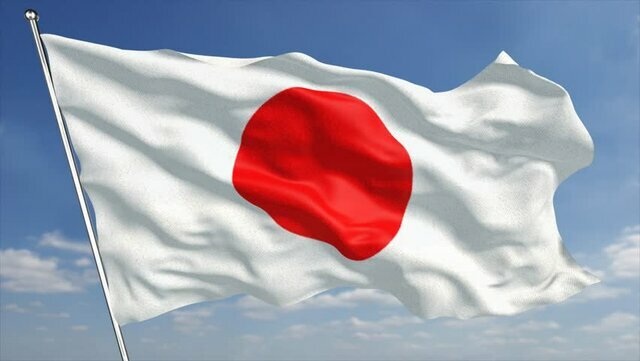Japan hopes to mediate between U.S. and Iran

The Japanese government hopes to mediate between the U.S. and Iran in an effort to rescue 2015 international nuclear deal, known as the Joint Comprehensive Plan of Action, officials have said, according to The Japan Times.
“We note that Iran denies it is withdrawing from the nuclear deal,” Deputy Chief Cabinet Secretary Yasutoshi Nishimura told a news conference Thursday after Tehran announced the suspension of some of its commitments under the 2015 agreement.
“We intend to contribute to regional peace and stability, utilizing our traditional friendly relations with Iran,” Nishimura added.
Tokyo has consistently supported the JCPOA that terminated sanctions by the U.S. and Europe against Iran in exchange for restrictions on the country’s nuclear program.
As a retaliation against the U.S. pullout from the 2015 nuclear deal and reimposition of sanctions on Iran coupled with a failure by the European Union to compensate for the U.S. exit, President Hassan Rouhani on Wednesday officially announced that Iran stops selling stockpiles of enriched uranium and heavy water for 60 days from May 8.
Under the 2015 nuclear agreement, Iran was only allowed to keep 300 kilograms of enriched uranium. Also, based on the agreement, Iran was authorized to exchange heavy water for importation of yellow cake.
“This announcement is for 60 days. We have announced to the other side, the five countries [Germany, France, UK, Russia and China], that if they come to the negotiating table in 60 days and we reach a conclusion and safeguard our main interests which are oil [sale] and banking relations, we will return to the previous situation of May 7, 2019,” Rouhani told a cabinet meeting.
However, he warned, if any conclusion is not reached, Iran will resume enriching uranium and will not follow obligations under the JCPOA according to which its uranium enrichment should not exceed the purity level of 3.67 percent.
Pointing to a letter he sent to the leaders of the remaining parties to the JCPOA, Rouhani said he has mentioned in the letter that Iran will give a firm response if the remaining parties refer the issue to the UN Security Council.
The remaining signatories to the JCPOA are Germany, Britain, France, Russia and China.
Rouhani’s letter was submitted to the ambassadors of these countries in Tehran by Deputy Foreign Minister for Political Affairs Abbas Araqchi.
Rouhani noted that Iran has not quit the JCPOA and his action is within the framework of the articles 26 and 36 of the deal.
Under the JCPOA, endorsed by the UN Security Council Resolution 2231, Iran was tasked to put limits on its nuclear activities in exchange for termination of economic and financial sanctions. However, since Trump pulled the U.S. out of the JCPOA, the European countries cut banking ties with Iran, stopped purchasing Iranian oil, annulled agreements, and their companies left Iran one after another.
Even when the oil sanctions were introduced against Iran first in November 2018, which exempted certain countries, including Greece and Italy, these two EU members refused to buy oil from Iran. However, certain other countries such as China, India, Japan, South Korea and Turkey continued to buy oil from Iran under sanctions waivers.
NA/PA
